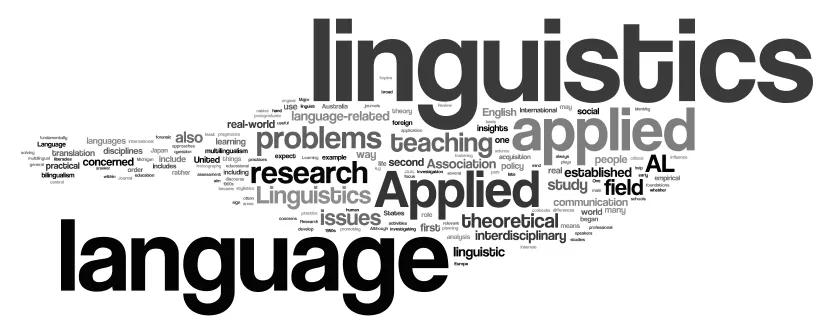Language, a system of conventional spoken, manual (signed), or written symbols by means of which human beings, as members of a social group and participants in its culture, express themselves. The functions of language include communication, the expression of identity, play, imaginative expression, and emotional release.
“Language is the expression of ideas by means of speech-sounds combined into words. Words are combined into sentences, this combination answering to that of ideas into thoughts.” Henry Sweet.
“A language is a system of arbitrary vocal symbols by means of which a social group cooperates.” Bernard Bloch and George L. Trager
The identification of different languages is not a straightforward matter. Every language is characterized by variation within the speech community that uses it. If the resulting speech varieties are sufficiently similar as to be considered merely characteristic of a particular geographic region or social grouping, they are generally referred to as dialects, so Cockney and Norfolk are usually considered to be dialects of English. Sometimes social, political and historical pressures are such that the varieties are considered to be distinct enough to be treated as separate languages, like Swedish and Norwegian or Hindi and Urdu. Often the question of whether two languages are varieties of a single language or distinct languages is much argued over, like Macedonian and Bulgarian or English and Scots. The naming of a language is another point of possible contention. While most linguists estimate around 6800 languages in the world, they also recognize four or five times that number of language names. A particular language may be known by one name to scholarship and another to its speakers; thus the name ‘Akan’ is not generally used by speakers of the language since Akan speech forms constitute a dialect continuum running from north to south in Ghana and different communities refer to their tongue by different names → Asante, Fante, Twi , Akuapem, Brong, Akyem or Kwahu.
Any succinct definition of language makes a number of presuppositions and begs a number of questions. The first, for example, puts excessive weight on “thought,” and the second uses “arbitrary” in a specialized, though legitimate, way.


